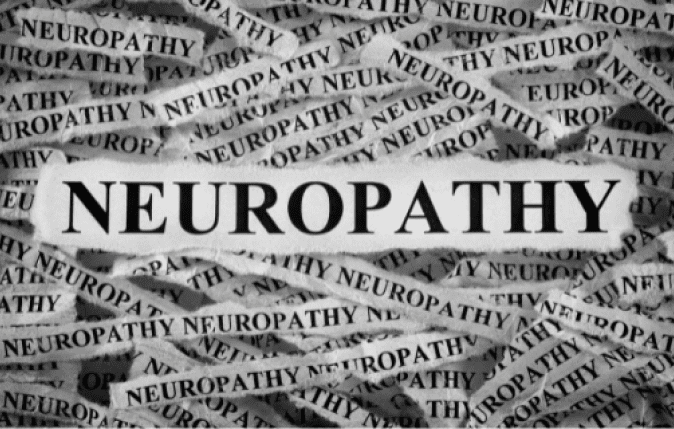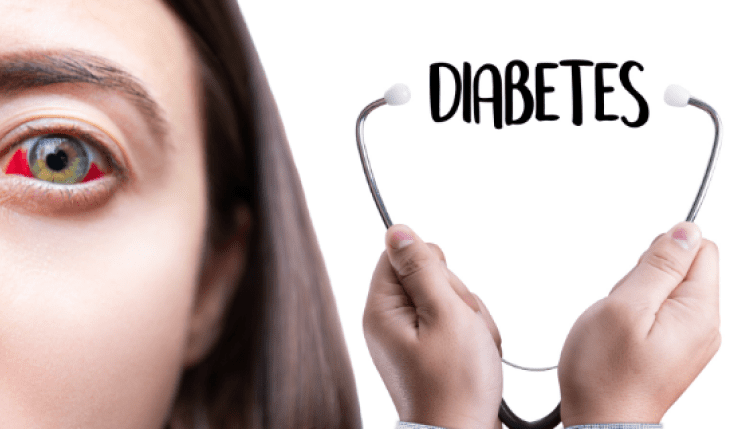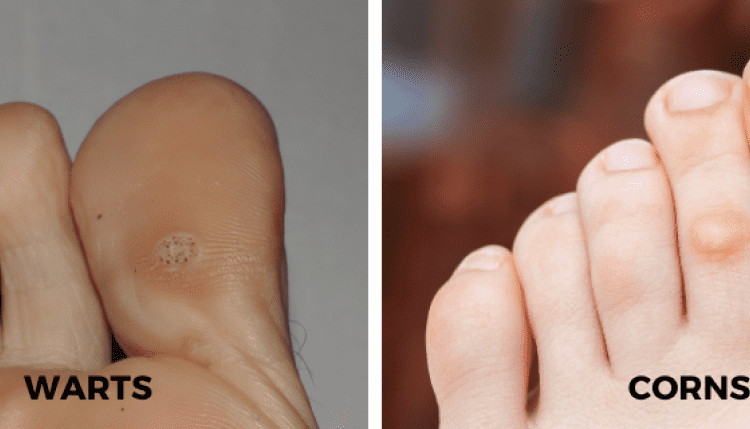For women, the journey through menopause marks a significant transition in life, bringing about various changes in the body. Amidst the hormonal fluctuations and transformations, one aspect that often takes center stage is spinal health. Back pain, a prevalent concern among women, becomes a more pronounced issue post-menopause. Understanding the intricacies of spinal health during this phase can empower women to navigate and manage back pain more effectively.
Menopause and Spinal Changes
Menopause, typically occurring around the age of 50, triggers a decline in estrogen levels, which influences bone density and muscle mass. The reduction in estrogen can lead to osteoporosis, a condition where bones become brittle and prone to fractures. This bone density loss affects the vertebrae in the spine, making them more susceptible to compression fractures and other spinal issues.
Back Pain: A Common Companion
Back pain often emerges or intensifies during menopause and beyond. Several factors contribute to this, including:
While the onset of back pain may seem daunting, there are proactive steps women can take to safeguard their spinal health:
Seeking Support and Medical Guidance
For women navigating back pain during menopause, seeking professional guidance is vital. Physicians or specialists can offer personalized advice and treatment options tailored to individual needs. These may include medications, physical therapy, or, in severe cases, surgical interventions.
Empowerment through Awareness
Empowering women with knowledge about spinal health and its relationship with menopause is crucial. Understanding the potential challenges and proactive measures available enables women to take charge of their well-being and make informed decisions.
The Psychological Impact
Beyond the physical discomfort, back pain can have a substantial psychological impact. It may limit mobility, affect daily activities, and contribute to feelings of frustration or even isolation. Acknowledging the emotional aspect of dealing with back pain is equally important, prompting the need for holistic approaches that address both physical and mental well-being.
Conclusion
Menopause marks a significant phase in a woman’s life, accompanied by various changes, including shifts in spinal health. Back pain becomes a more prevalent concern during this time, largely due to hormonal changes and decreased bone density. However, by adopting proactive measures, seeking medical guidance, and fostering awareness, women can effectively manage and mitigate the impact of back pain, enhancing their overall quality of life beyond menopause.
Understanding the interplay between menopause and spinal health equips women with the tools to navigate this phase with resilience, ensuring that they can lead fulfilling and active lives while prioritizing their well-being.
Through education, empowerment, and a holistic approach to health, women can embrace menopause as a transformative period and thrive, nurturing their spinal health for years to come.

















